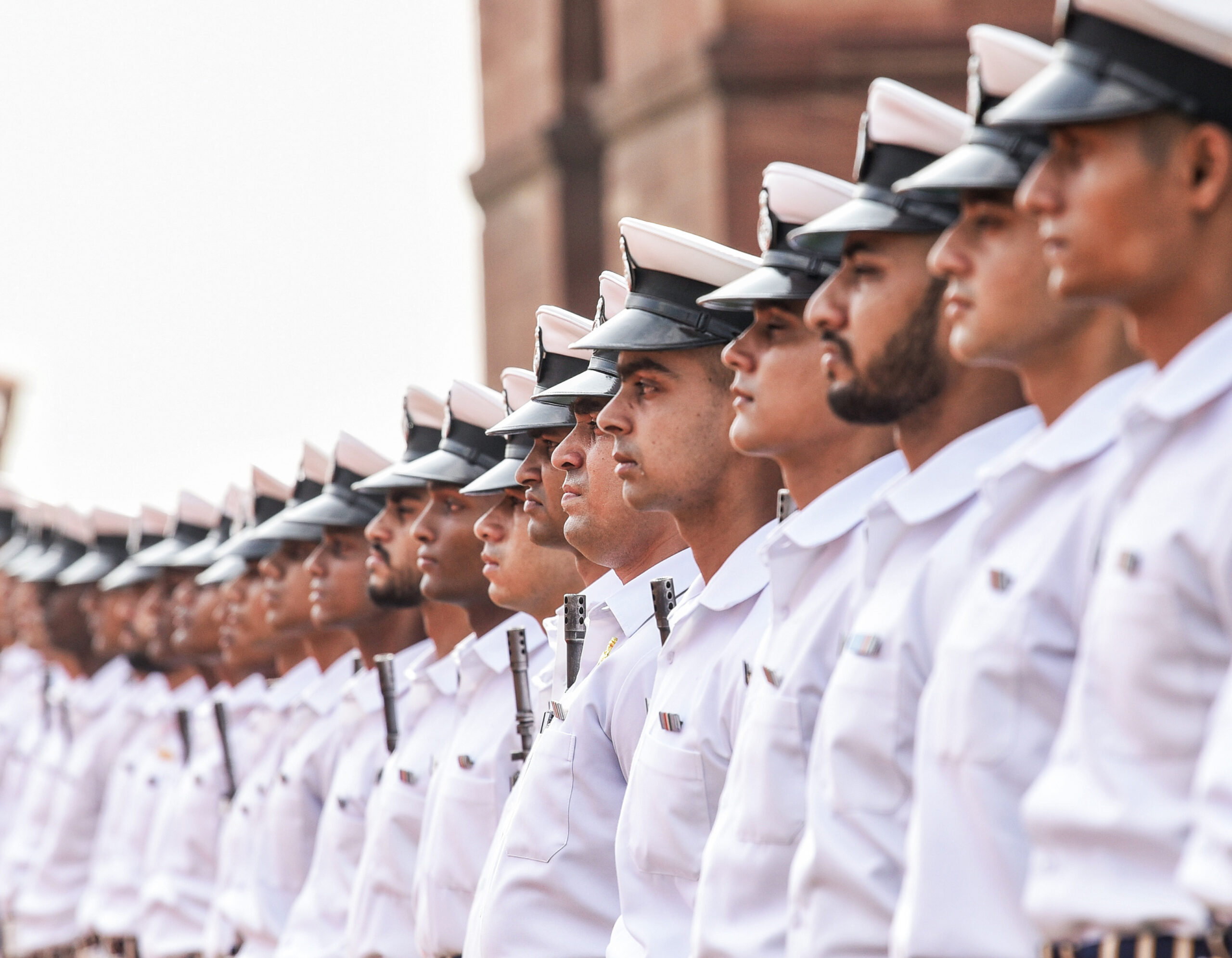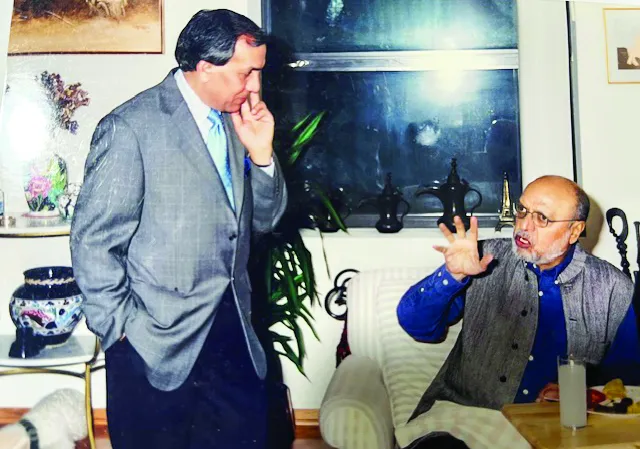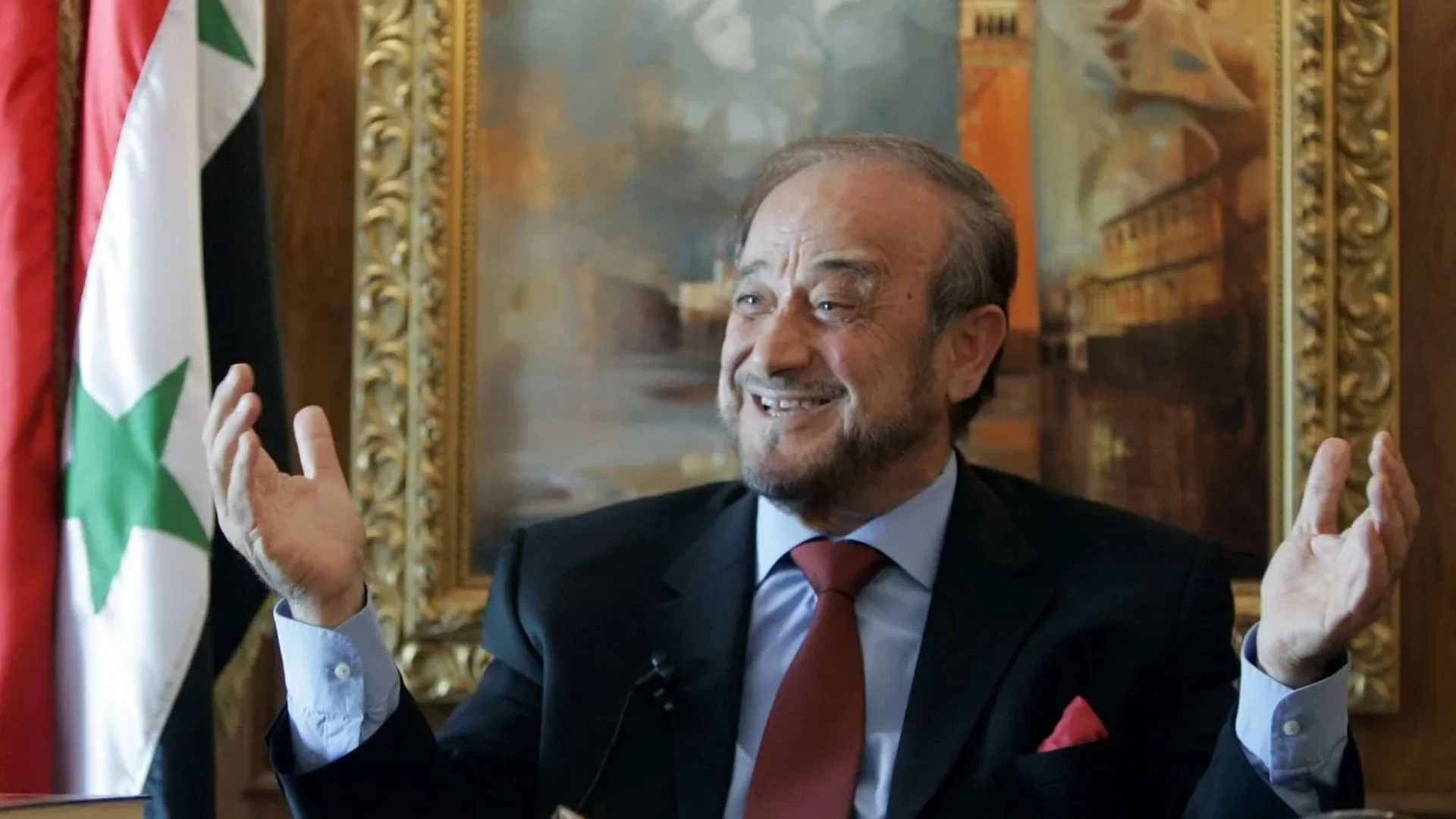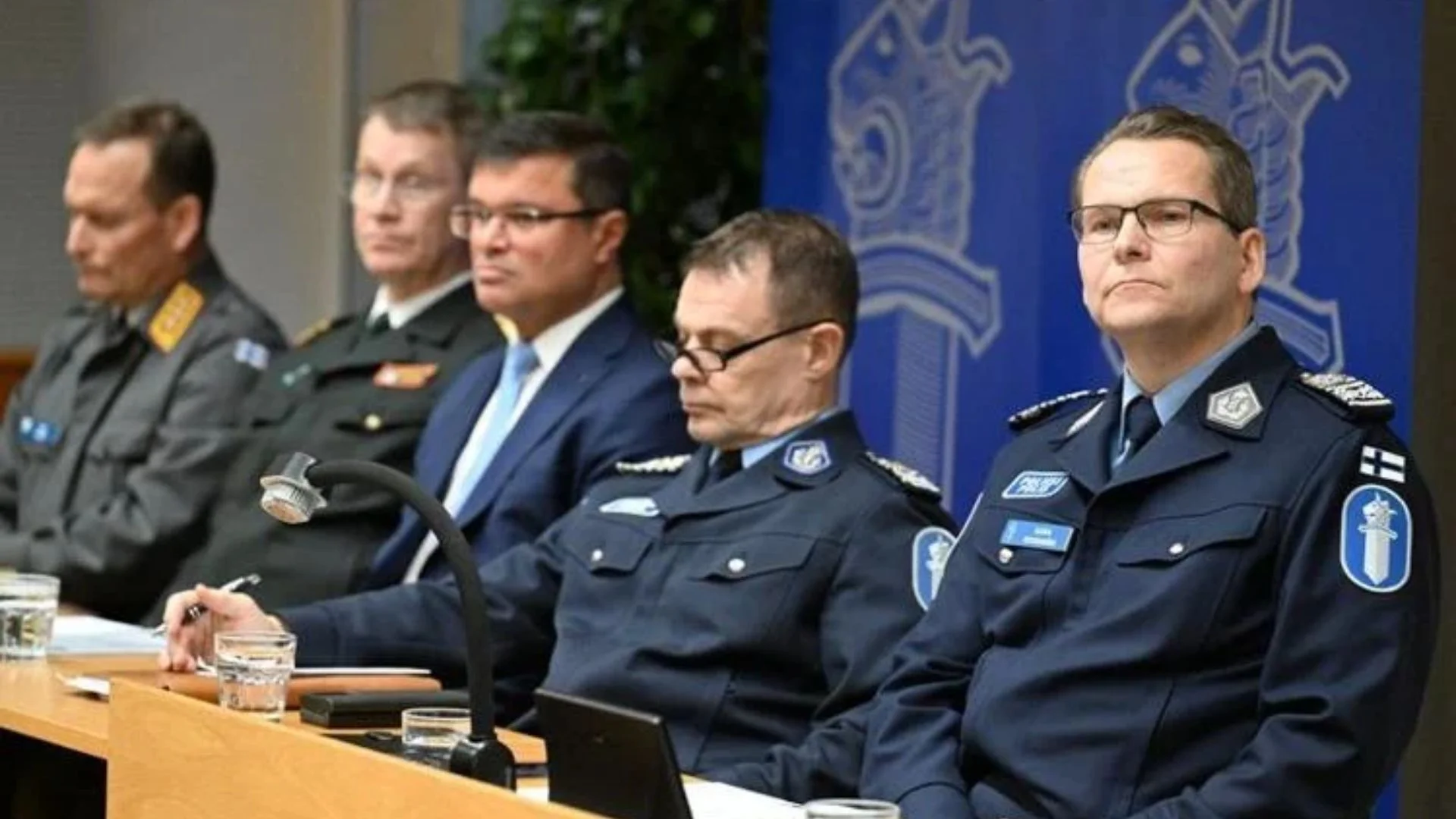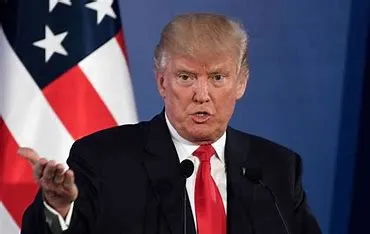India faces a significant diplomatic issue after a Qatari court sentenced eight former Indian navy officers to death. Especially considering that the ruling following the in-camera trial is rendered during a sensitive geopolitical period in the Middle East.
Interestingly, Manish Tewari, INC MP, had raised this issue inside Parliament, last year. In his tweet dated 7th Dec 2022, he had shared concern about the detention of eight former Navy officers in Doha, Qatar in the Lok Sabha.
He also appealed to External Affairs ministry to engage in dialogue with Qatar and find out why our Ex-servicemen have been kept in Solitary Confinement for 120 days and ensure their safe return. Later in August, this year, Asaduddin Owaisi, had raised the issue of wrongful detention of these eight officers in Parliament too.
External Affairs Minister S. Jaishankar stated that the case was a “priority” for New Delhi and that it was a “sensitive” matter at the winter session of Parliament last year in December. The eight ex Naval Officers detained, were last seen by Indian diplomats and a lawyer in January, when Qatar last allowed consular access.
India’s official stance, as communicated by MEA spokeswoman Bagchi in April of this year, was that while the nation would not “place pressure” on Qatar, it would be “closely monitoring” the case’s judicial developments. The Congress leader Jairam Ramesh had earlier questioned why Prime Minister Narendra Modi was not aggressively pushing for the release of the incarcerated former officers. This was just before the statement was made.
Some media accounts claim that these officers were accused of espionage for Israel. A deal exists between Qatar and Fincantieri SpA, an Italian company, for the manufacturing of submarines. This is “part of a bigger project involving the construction of a naval base and maintenance of its armed fleet,” according to media sources.
The eight ex-navy officers found guilty reportedly worked for Al Dahra Global Technologies, a Qatari company with ties to the country’s armed forces. Approximately seven lakh Indians reside in Qatar, constituting the country’s largest expatriate population. Notably, Purnendu Tiwari, the Managing Director of the company, was awarded the Pravasi Bharatiya Samman in 2019 in recognition of his contributions to the development of India-Qatar bilateral relations.
According to Al-Jazeera, the company advised Qatar on its highly classified submarine programme. Israel and India had expressed interest in Qatar’s submarine upgrading initiative. Both nations might be worried that Qatar, which has close relations to Pakistan, might transfer this sensitive technology to Pakistan. New Delhi is rightfully concerned that Pakistan would try to obtain the stealth technology included in the new submarines.
The eight officers were given death sentences by a Qatari court, according to a statement from India’s Foreign Ministry. According to a MEA statement, the decision astonished them. Additionally, it stated that India was looking into its legal options and planned to raise the issue with Qatar.
India and Qatar have significant trading ties. Forty percent of India’s LNG imports come from Qatar. However, 15% of Qatar’s total LNG exports are purchased by India. Even in the midst of this friendly economic partnership, there have been tense moments. There have previously been instances of hostility between Qatar and India.
Numerous incidents and individuals have contributed to this state of affairs; examples include the former BJP spokeswoman Nupur Sharma and her statement on a news channel on Prophet Mohammed, which angered Qatar. BJP backed out and disassociated itself from Nupur Sharma. Wanted, Islamic preacher Zakir Naik and his presence during the FIFA World Cup in Qatar did not go well with New Delhi.
Tension between India and Qatar also stemmed from controversial painter MF Hussain, who was criticized for his shameful depictions of historical figures and Hindu goddesses in severely bad taste. Following this, he fled India in 2006 and relocated to London. He stayed in Dubai for a while. Maqbool Fida Hussain received Qatari citizenship in 2010 as a token of appreciation from the royal family. It is rare for an Indian to receive an offer of Qatari citizenship.
While this was a decision made by Qatar, Hussain had neither applied nor stated that he intended to do so. There was some resentment between Qatar and India following this citizenship—not directly, though.
The fact that these eight very senior retired Indian Navy officiers were operating in plain sight is a noteworthy fact. They were offering expert assistance to the Qatar Navy in support of their procurement process for ships and submarines from an Italian shipyard that was utilizing German technology and inputs. Prima facie, there seem to be no justification for the Qatari government to fabricate the case. What is even more astonishing is how severe the sentencing is. Of course, India should use legal options if necessary. However, utilizing diplomatic and political channels is the most effective approach to ensure the safe return of these officers.
There are still more questions than answers regarding the eight former Indian Navy officers who were given death sentences in Qatar. Although the precise allegations against these servicemen remain unclear, media reports indicate they are suspected of spying on Qatar’s cutting-edge submarines for Israel.
While Qatar is said to have been soft on Hamas terrorist and supporting Hamas, should India up the ante and be stern with its response?
Siddhartha Dave is an alumnus of the United Nations University in Tokyo and a former Lok Sabha Research Fellow. He writes on foreign affairs and national security.

